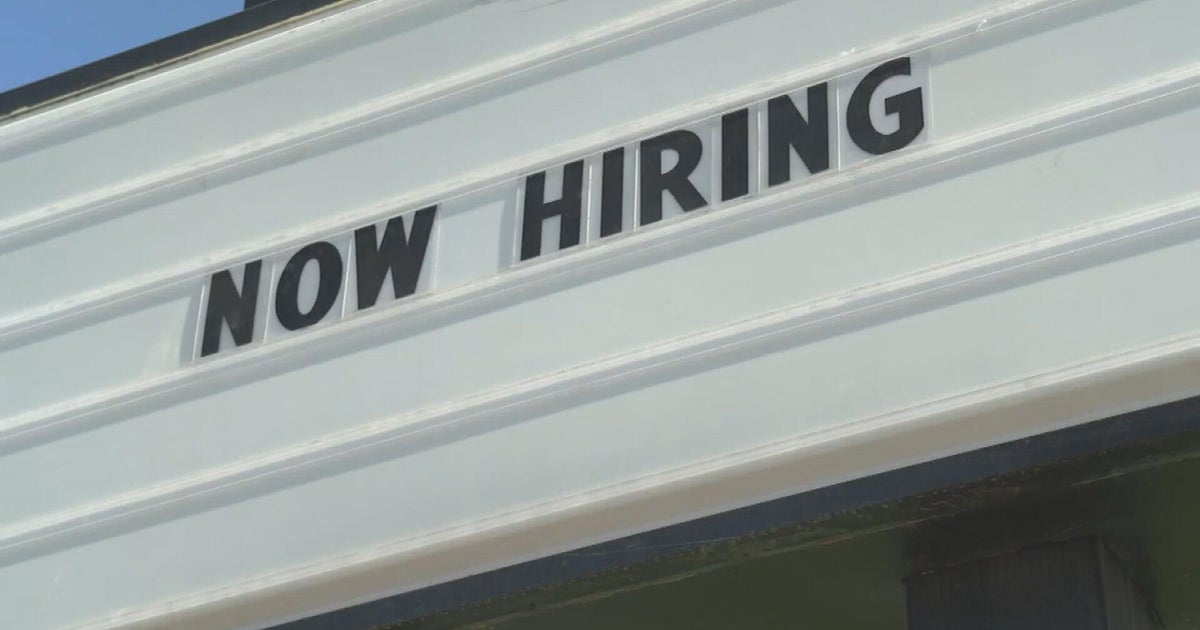Layoffs hit 20-year low in April as job openings remained over 11 million
Layoffs fell to a two-decade low in April while job openings retreated from record highs, showing that the white-hot labor market is cooling slightly.
Employers advertised 11.4 million jobs at the end of April, the Labor Department said Wednesday. That's down from nearly 11.9 million in March, the highest level on records that date back 20 years.
Meanwhile, the number of layoffs fell to 1.2 million, the lowest level since records started being kept in 2000. The number of people quitting their jobs remained near record highs at 4.4 million in April, mostly unchanged from the previous month. Nearly all of those who quit do so to take another job, typically for higher pay.
"The outlook for hiring remains strong as job openings remain elevated, even if their growth has slowed in recent months," Nick Bunker, economic research director for the Indeed Hiring Lab, said in a note. "Workers are having their moment in the sun, but some clouds are likely to come along and darken the outlook."
Historic levels of job openings and quits, which force employers to pay more to attract and keep workers, are driving solid wage gains for America's workers, particularly those who switch jobs. Still, burgeoning inflation — driven by surging energy and commodity costs — is eroding workers' wage gains. Americans are increasingly squeezed by rising costs, with most naming inflation as their top concern.
Targeting the high level of available jobs, Federal Reserve Chair Jerome Powell hopes that by raising interest rates the Fed can slow demand for workers and bring down the number of openings. Powell and other Fed officials have said their goal is to reduce openings and slow wage increases to cool inflation, potentially without forcing many layoffs.
In April, there were 1.9 job openings for every unemployed person — lower than the March ratio, but still a reversal of the historical pattern, where there were nearly always more unemployed people than available jobs.
"As the Federal Reserve focuses on this metric, a further decline could represent a cooling labor market," Bunker said.
— CBS News' Irina Ivanova contributed reporting.



